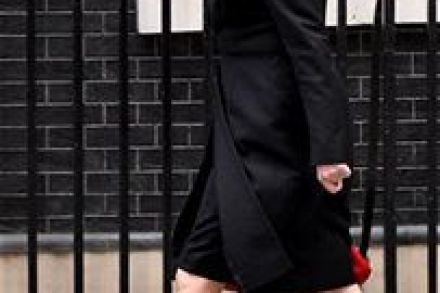Too many policemen chasing paper-clips
Back in June, I asked how long the public would stomach David Cameron blaming Labour. Not long, was my answer – the government would have to form a narrative that suggested it was the ‘great reforming government’, not a symposium of partisan budget balancers. So far, it has failed to compel of cuts’ and public service reform’s necessity. Crime can now be added to the list. Theresa May has blamed Labour for HMIC’s findings into the police’s failure to arrest anti-social behaviour. ‘Labour achieved nothing,’ she said. Fair enough, but this was an opportunity to husband a narrative for public service reform. HMIC is in no doubt that the police



















